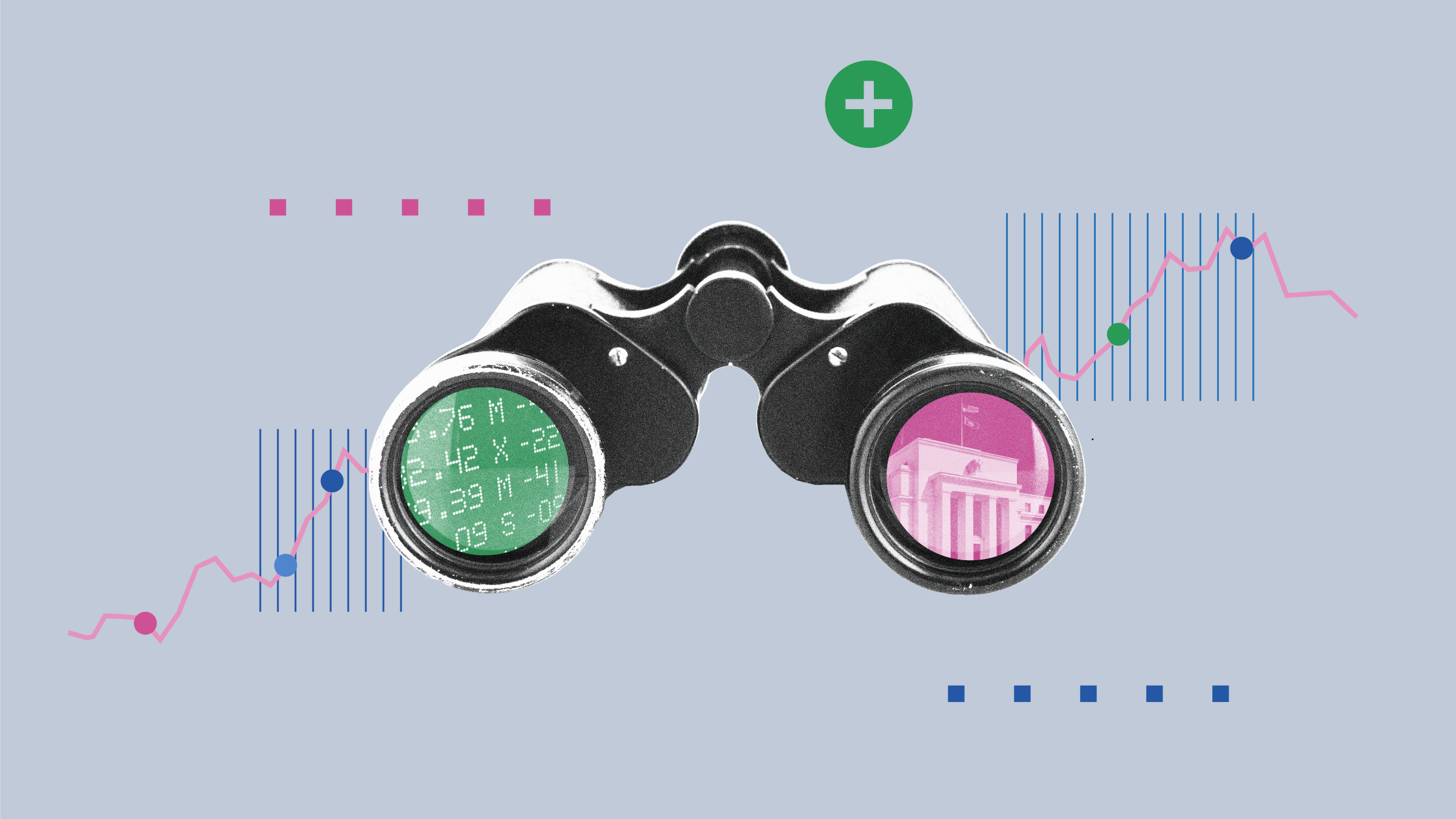At a recent Morningstar conference in Italy, Barclays Capital's chief international economist Julian Callow says opportunity outweighs risk in Europe, with the UK, Germany, Spain and even Portugal the ones to watch. Callow adds that the imminent banking union in Europe is a necessary step but is not a panacea: more must be done to create a strong environment for corporates to operate in.
Valerio Baselli: For Morningstar, Valerio Baselli. We’re in Milan at the ETF investment conference, where I had the opportunity to sit down with Julian Callow, Chief International Economist of Barclays.
So, Julian, thanks for being here today.
Since the outbreak of the financial crisis in 2008, we often hear that we are living in a New Normal environment. What does it mean exactly?
Julian Callow: I think means the environment, really we’re no longer so dependent on debt to be driving economic expansion and domestic demand. You see that in terms of the deleveraging, for example, in the banking sector, which is particularly strong in Southern Europe. You see it in terms of weakness in real estate prices, and of course, you see these very large budget deficits the governments have, which are direct consequence of the shortfall of demand as a reason in the private sector. As well, I think, this is a little bit compounded by the fact that these economies are aging quite significantly and we’re now at a point where the burden of those aging cost is starting to be much more recognized and we’re starting to see more of the direct impact of the growing number of retired people in Europe starting to become apparent in the fiscal arithmetic.
Baselli: Okay. Let's talk about Europe. In the Eurozone the recession is over officially, but even if it changes from country to country, and I think that here in Italy we know something about that. How do you see the European situation today? From an investor point of view, do you see more opportunities or more risks?
Callow: I think at the moment, given where valuations are, there are more opportunities, that is clear. I think it’s a very important lesson to learn from the financial crisis that investors have to be very critical and they have to analyze every company, every instrument that they invest in very carefully, because these can move in very different directions. Europe certainly is still going to be in aggregate quite a weak environment. But as you said, we have turned the corner. Europe is starting to grow. I think there will be particularly good opportunities in certain countries. I would pick out here the U.K. in fact, Germany, as well I think in Spain and Portugal there are some interesting developments there where we are seeing a recovery in competitiveness, even elsewhere in France and Italy there will be opportunities here. It is an important change I think in psychology, and particularly when markets have become very richly valued. For example, in United States and some other places, Europe does offer interesting and quite exciting opportunities for investors.
Baselli: Right. The European Council confirmed the objective of reaching an agreement on banking union by the end of the year probably. Do you believe that? Do you feel that the banking union would be a big step towards united and stronger Europe?
Callow: Banking union is a very important step. I regard it as being a necessary, but not sufficient condition to solve the problems that we’ve got here in Europe right now. When the Monetary Union was designed, there was this major hole that there wasn’t sufficient provision to create a unified banking sector. It was just assumed that this would happen, but it didn’t happen, because you have national regulators, national banking sectors that are controlled by national politicians. So it’s very important that Europe now recognizes the importance of having a strong banking sector.
I think in the near term it does mean banks are going to be quite cautious and still likely to be engaged in a deleveraging process, which could mean limited opportunities for loan growth. But once we get the banking union fixed, set up from 2015 onwards, then I think the banks will be healthier and more able to finance the economy again.
Baselli: Okay. Recently, the Italian Prime Minister, Enrico Letta, said that the problem is not Europe; the problem is the lack of Europe. Do you agree?
Callow: It has a good point. I mean, Europe really has been coming together much more, many steps taken in terms of collective governance and the banking union is a very good example of that. As I said, the banking union, we shouldn’t assume that this is some panacea. It’s great that this has been addressed really quite quickly within just a couple of years and this is a reality, a concrete reality, but there is much more that needs to be done in terms of improving the functioning of the economy, making it more attractive for the corporate sector to go out and invest, because really that is what I think is lacking still, a very strong corporate sector dynamic that can create jobs. While we have this very disturbing degree of unemployment in Europe, we must still be quite cautious about the outlook.
Baselli: Okay. Thanks a lot, Julian Callow.
Callow: Thank you.



















